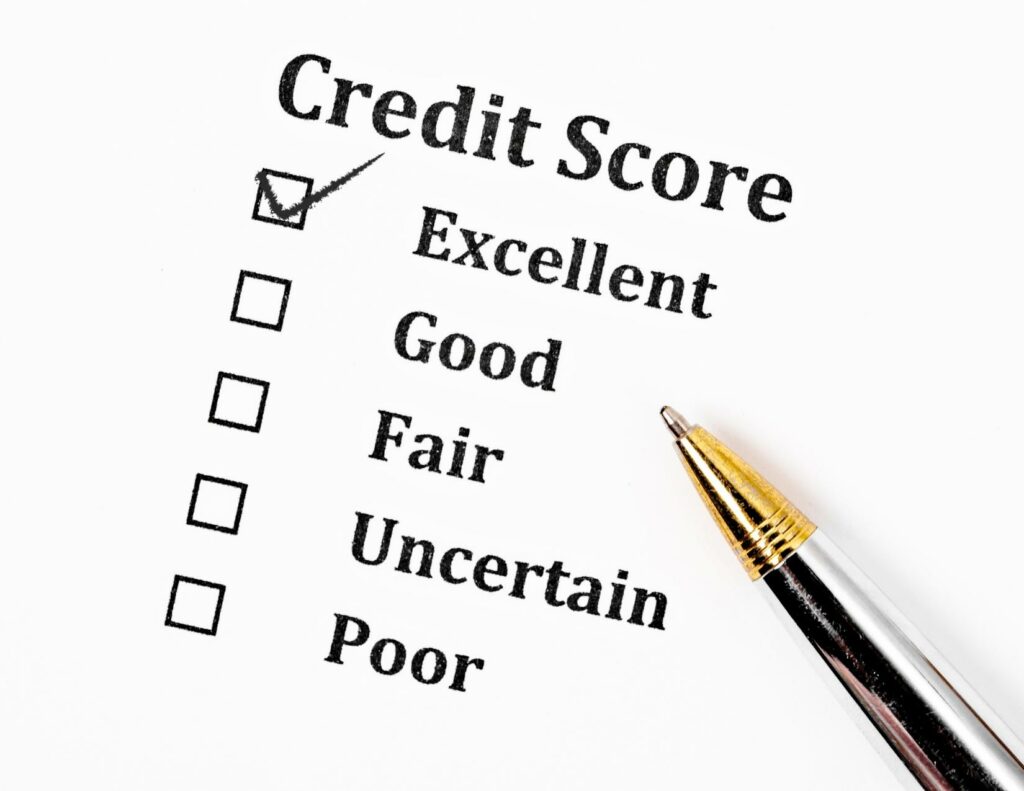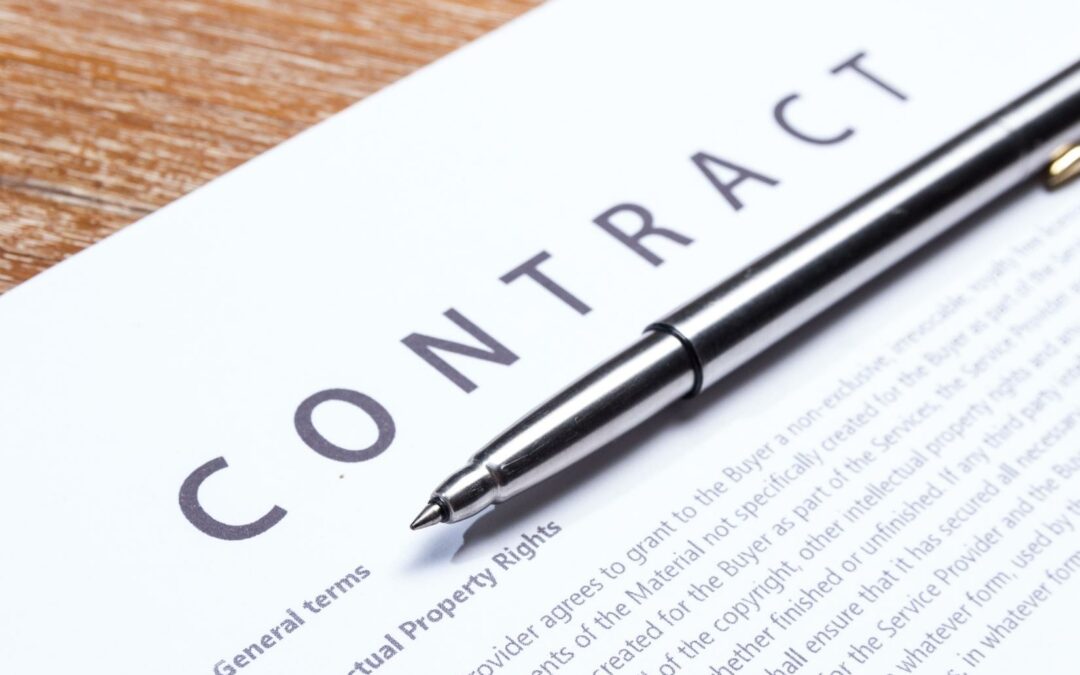Purchasing a new home is exhilarating, but as a first-time home buyer, the process can also feel a bit overwhelming. Homebuying tasks, such as preparing your finances and shopping local real estate listings, can feel challenging, but with a first-time home buyers’ roadmap to follow and support from an experienced realtor, they are much less intimidating.
If you are moving to South Carolina from out of state or buying a home after living in one of the city’s idyllic historic downtown Charleston rentals, consider these ten first-time home buyer tips when purchasing your first property in Charleston, South Carolina.

- Start Saving
One of the best actions you can take before buying your first home is saving early. Most conventional mortgages require a down payment of around 6%, but some mortgage loans only require around 3% of the purchase price. For a $250,000 home, that’s approximately $15,000 or $7,500 respectively.
In addition to your down payment, you’ll need to set aside money for closing costs. Closing costs can run another 3% to 6% of the home’s purchase price.
You may also need to put up 1% to 3% earnest money to buy your first home. Earnest money is similar to a deposit. The buyer pays earnest money before closing to protect the seller if they back out of the deal.
To meet these financial obligations, it is a good idea to begin saving at least two years before you think you’ll purchase your first home.
- Boost Your Credit
A year or two before buying your first home, start boosting your credit score. A high credit score can help you gain pre-approval for a mortgage loan and increase your chances of being offered a low interest rate on your mortgage.
Pre-approval and a low interest rate can reduce the total cost of buying a home and make the closing process smoother. So it is essential to get your credit in the best shape possible before purchasing a home.
To improve your credit score, start by obtaining a copy of your credit history. Review the information in the report to ensure that all the information is accurate. If you find any accounts that are not yours or report inaccurate data, go through the dispute process to remove them from your credit history.
Address any issues that lower your credit score, such as late payments or high balances. Generally, lenders won’t approve you for a mortgage if your debt-to-income ratio is higher than around 43%, so work toward lowering this number to boost your credit score.
If you don’t have an extensive credit history, consider opening one line of credit or credit card that you can pay off each month. This helps you build your credit history and gives you a high credit score, enabling you to gain pre-approval when it comes time to start applying for a mortgage loan.
Find Your Ideal Charleston Home for Sale
- Develop a Budget
As you approach buying a home for the first time, you must develop a realistic budget. It is easy for new home buyers to feel excited about shopping for their first home and overshoot what they can realistically afford. To avoid maxing out your finances and getting a house that you may struggle to afford long-term, carefully approach your home-buying budget.
Your budget should include a realistic estimate of the type of home you can afford. A good rule is to look at homes with mortgages that cost 28% or less of your monthly income. For example, if you bring home $6,000 a month, look for a home with a monthly mortgage payment of $1,680 or less. When developing your budget, use a mortgage calculator online to estimate the cost of various homes.
You should also consider property taxes, homeowner’s association fees, homeowner’s insurance and potential repair costs when developing your budget. Building these costs into your overall budget can help you stay within your price range when you start looking for homes and ensure you avoid buying a home that will put you in a tough financial situation.
- Know What You Want
Before you start working with a local realtor to find your first home, it is helpful to decide exactly what you are looking for. Having a list of desired home features, acceptable locations, and budgetary guidelines to follow during the home-buying process can help you narrow your search and move into your ideal home faster.
In addition to price, consider the following factors to help you narrow down what you want in your first home:
- Size
What size home do you need? If you plan on starting or growing your family, you may want to look for homes that allow you the space you’ll need for kids. Consider the cost of upkeep of a large home versus a house with more modest square footage and whether you and your family need the extra space or whether too much space may become a hassle.
- Location
Think about where you want to live. Downtown Charleston can offer you a charming, modern experience if you enjoy bustling city life. However, if you prefer nature and relaxation, you may choose to search nature-conscious Kiawah Island real estate listings instead.
- Features
Develop a list of features that you’d like your first home to have, and decide which of those features is non-negotiable. Do you have to have a two-car garage? A fenced-in backyard? Two full bathrooms? Know what types of features you are willing to compromise on and which you absolutely cannot live without to guide your search.
- Shop Mortgage Lenders
When you are ready to start seriously looking for your first home, take some time to shop around for the best mortgage lender. Ideally, you want to find a lender that offers you a reasonable rate on your mortgage and has a reliable reputation. Most mortgage terms are between 15 and 30 years, so choosing a lender you trust is vital.
As you research lending institutions, consider various types of lenders. You can look at traditional banks, credit unions, or online lenders specializing in mortgage loans. Once you’ve settled on a few options, look for specifics on their mortgage practices.
Speak to a representative to determine how long the application process may take, how your terms are decided, and whether they participate in first-time home buyer programs. Then, compare their interest rate offers, fees, and down payment requirements to make the best choice for your situation.
- Apply for Pre-Approval
Apply for pre-approval once you’ve decided on a mortgage lender to speed up the home-buying process. Pre-approval is a process that allows your lender to vet your financial information and provide you with a pre-approved mortgage amount that you can use to guide your property search.
Pre-approval not only gives you an upper limit to the home price range you can afford, but it also gives you an advantage with sellers when you find the home you want. If you discover your ideal home and want to move fast, you can make an offer and present your pre-approval to the seller.
This shows them that your finances are in order and you already have funding for the purchase. This can tip a seller in your favor and help you win your first home over other bidders.

- Work with a Local Realtor
Working with a local realtor can significantly improve your property-buying experience as a first-time home buyer. Real estate agents that know the local market can simplify your home search and help you find the right property that meets all your needs and budgetary price points.
If you are looking at homes in downtown Charleston, the right realtor can use their industry contacts to discover unique property options that aren’t known in the broader market. If you are interested in single-family Mount Pleasant homes for sale, your local agent can use their specialized knowledge of the area to find you the right property at the right price.
A local realtor can also help you avoid potentially problematic homes and walk you through the home-buying process so you get into your new home at a fair price. With years of experience, the right realtor can pinpoint issues that you may overlook as a new home buyer, such as structural damage or problems with electrical or plumbing systems. They can make sure you use a well-respected company for your home inspection.
- Move Fast and Smart
When you find a home, you love within your price range, moving fast as a new home buyer is essential. Your ideal house can disappear from the market overnight in a seller’s market. This creates a sense of urgency that makes moving fast on your perfect home necessary.
If you have prepared your finances, know what you want and work with a talented local real estate agent, you should find yourself in an excellent position to make a timely offer.
Although moving fast is vital in the current market, it is equally important that you take the time to ensure you are making the right choice. Never allow the sense of urgency as a new home buyer to push you into making an offer on a home you are unsure about. Even if you don’t get the first home you put an offer on, another potentially better offer will turn up.
Search Our Charleston Real Estate Listings
- Get a Home Inspection
If the seller accepts your offer on the home, you’ll enter into the final phase of buying your first property. This phase includes entering into a sales contract with the seller that sets forth contingencies that each side must meet for the home sale to go through. One of the most critical contingencies in this contract is the home inspection.
A home inspection allows you to hire a company to inspect the property to determine what types of repairs are necessary. A typical home inspection includes a visual examination of the property, including essential elements, such as the plumbing, electrical, HVAC systems, roof, and foundation.
If the inspector finds any issues, you can negotiate with the seller to pay for costly repairs or lower the home price. In some cases, you may even be able to back out of the sale.
You must never waive the home inspection contingency fee, especially as a new home buyer. If you are buying your first home as a long-term investment or a place to settle down with your family, buying the property without first looking it over by a professional inspection company is unwise.
- Remain Open and Flexible
As a new home buyer, one of the best things you can do is remain open and flexible during the process. Buying a house can be stressful, especially if you run into a situation where you don’t get the first home you put an offer on. Some ups and downs occur when buying a home, so the more flexible you are, the more enjoyable the experience will feel.
While you will benefit from having a shortlist of non-negotiables, such as your upper price limit, home inspection contingency and a few home features, it is essential to remain open to properties that you may not have considered initially.
For example, if you prefer Charleston, but your realtor finds a perfect property in nearby Mount Pleasant, it may be worth viewing the home to determine if it can work for your needs. If you find a home that requires a bit more work than you bargained for but is otherwise ideal, be open to negotiating on a lower price and renovating.
Also, consider flexibility on elements like the closing date or non-significant contingencies that can get you into the property you want, even if you have to wait a bit longer than preferred.

Enjoy Your First Home-Buying Experience
Although buying your first home can feel overwhelming, you can use these tips to create a smooth transition into homeownership. By preparing your finances ahead of time, working with an experienced local real estate agent, and knowing what you want before making an offer on a home, you can enjoy your first home-buying experience and end up in a Charleston property that you’ll love for years to come.

